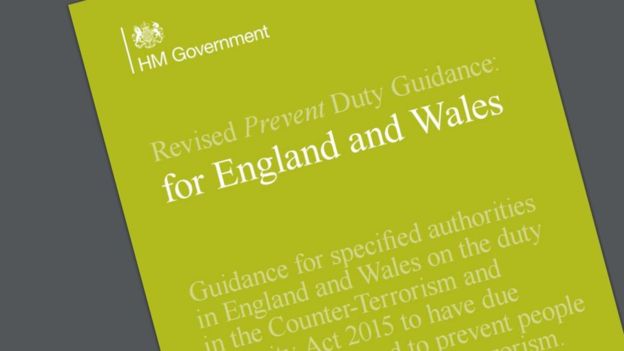
Hamed Chapman
Pressure on British Muslim parents to counter extremism is having a detrimental effect on intra-familial relations, according to new research conducted in West Yorkshire.
Part of the Government’s controversial Prevent counter-terrorism strategy places increased responsibility on parents to police their children, who are put under intense public scrutiny due to their perceived vulnerability to radicalisation.
The role of Muslim families in countering extremism has been made a pressing policy concern, but the study carried out by Manchester academic Madeline-Sophie Abbas found that that there is a failure to address the detrimental effects that such measures have on Muslim family relations as well as broader relations between Muslim families and the state, and the non-Muslim community in Britain.
“It demonstrates the need to understand how counter-terrorism measures pervade all Muslim families and communities – not just those under official suspicion,” said Abbas, who was motivated to conduct the research due to her own personal background as someone of Iraqi and Muslim heritage.
“I decided to embark on the research because of the significant focus placed on British Muslims as ‘suspect’, in order to examine the potentially detrimental impact that these representations have had on communities and families,” the lecturer at the University of Manchester said.
Her study focuses on how the Government’s security agenda has crept into Muslim households including through Government-sponsored initiatives such as Families Against Stress and Trauma (FAST) and the #MakingAStand campaign, which work with Muslim women – particularly mothers – to counter terrorist recruitment.
She discovered that the Government and media debates about countering extremism within the Muslim community caused tensions within families, with fears about their children being targeted by the state, leading to them worry when they wear Islamic clothing or grow beards.
“It is important to note that adopting Islamic markers does not mean that Islamic principles are being followed or that Muslims embracing Islamic dress or the beard are extremists. By viewing behaviour typical of young people as they discover themselves through the lens of extremism, Muslim parents risk perpetuating conceptions of young Muslims’ vulnerability to being radicalised, ” says Madeline-Sophie Abbas
The Government’s Prevent strategy has come under increasing criticism as being not only ill-judged but counterproductive in countering terrorism. Numerous other studies have called for the policy to be reviewed, overhauled or completely scrapped.